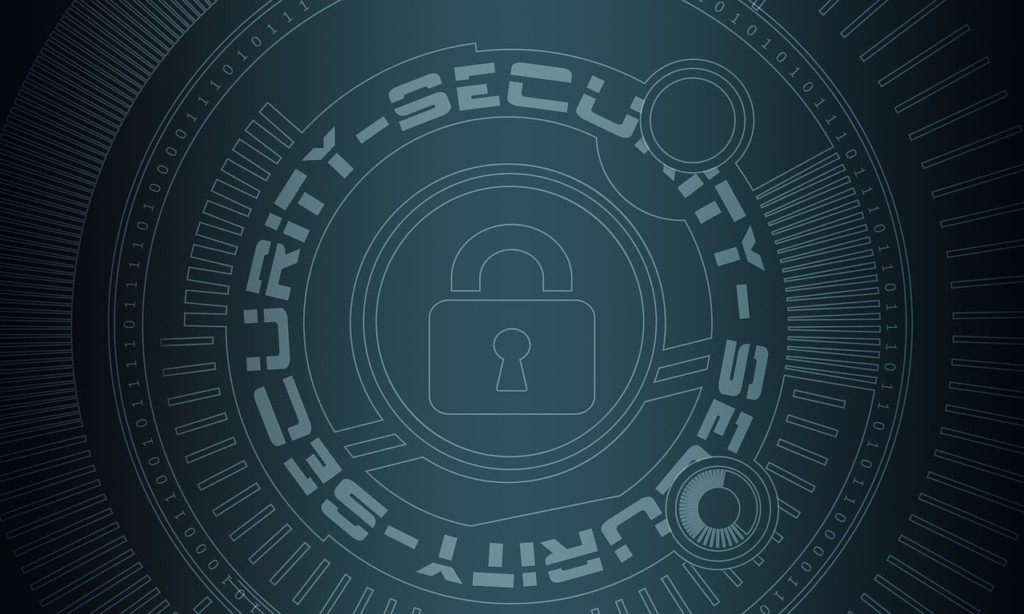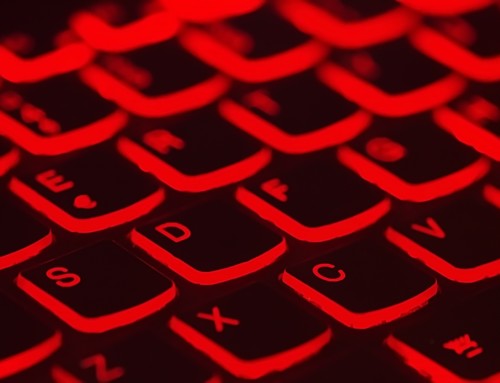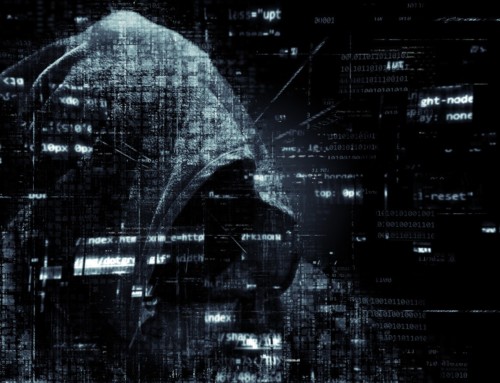
Keeping your personal or business data safe is a requirement as cyber attacks are continuously on the rise.
However, some do not think about this until after a hack or breach has happened. This can be a costly mistake, especially with the type of data that is stored and used in our modern digital world. The type of data stored can include social security numbers, banking information, or other personal information like photos.
Needless to say that if this type of data is hacked or leaked it could spell serious trouble both for the persons whose information is leaked or the company/business that’s system was compromised.
In this article, we will cover both what you can do to prevent sensitive data from being hacked or leaked, but also what you can do to prevent this from happening in the first place.
Inform Your Employees & Company Stakeholders
For businesses, it can be complicated to understand what steps are needed if a data breach happens.
The first thing you should always do to respond to a hack is inform the company personnel, not just the IT staff. The departments that need to be notified go beyond IT to the finance, HR & legal department as likely they will hold some measure of responsibility when dealing with a data breach.
The second step would be collect any data related to the hack. The more information you can gather about what happened the easier everyone’s life will be. This assists not only in the disclosure needed, but also to determine all the data that was leaked. This is also a vital step in assisting any IT staff to fix the issue that led to the hack or breach in the first place.
The next part of the process involves notifying all required external parties. This typically means your customers or your clients. However, this also can include law enforcement if you believe the breach or hack was a crime (it usually is). This step also heavily relies on the investigation step as you will need to disclose what exactly was taken.
After law enforcement gets involved you will want to check on what legal and regulatory concerns that may arise as a result of the data breach. That’s where your legal team or department should be involved. If you do not have legal staff on hand you will have to reach out to a lawyer or legal expert that specializes in this type of problem.
Often times there are mandatory disclosures and documents that need to be filed with the appropriate regulatory bodies. The agency you need to inform and file forms with largely depends on your industry. For example, if there was a leak in pharmaceutical trial data the FDA would likely be involved.
Now that we have covered what to do in case of a hack or breach we will go into how you can protect yourself and minimize the risk of a data leak.
Before The Hack
The first step everyone should take is making sure that their data is stored in a secure way. This can often be a challenge when in business, as you often have to share files with your clients or third-parties in addition to your employees. This can be done by having your files stored on an encrypted file storage system like whats provided by Secure Swiss Data.
Secondly would be ensuring that all email is secure and that all employees know how to use e-mail in a secure way. That means you should train all employees on the risks that email brings and how they can avoid them.
Things like ensuring that you only click links pointing to websites they recognize, making sure that they do not open files from unknown senders, and to avoid suspicious emails from people who may be posing as their coworkers or managers.
Also having an encrypted email platform will reduce the chance that the database used to store the email isn’t comprised, or that the communications cannot be picked up while they are in route.
Another type of data breach that most businesses don’t think of is corporate espionage. This means that there are other businesses, possibly competitors, that will snoop to see what they can find out about your business. There are a few ways they may go about doing this which we will go into more detail on below.
Prevent Snooping On Your Calendar
If your competitors can figure out what clients you are meeting with, they can possibly undercut you every time you have a meeting planned or possibly bad mouth you to that client or customer. Most often business use Microsoft or Google to manage their calendar internally.
And while both Microsoft and Google have security measures in place they can still be compromised. That is why you want to ensure that any scheduling system your business is using is an encrypted calendar.
Stop Others From Reading Your Notes
A lot of businesses end up using consumer grade note taking apps in their enterprise environment.
While this may be okay for some, if you want to be totally secure you need to make sure that whatever program you or your employees/coworkers are using to take notes is secure, and that even if someone gains access to your note taking app that they would have a hard time extracting valuable data.
You can ensure the data is hard to get and read by using an encrypted not taking app such as the one here.
Protect Your Tasks & Processes
Most if not all businesses use processes and tasks lists to run their business and to ensure consistent quality. This can be a huge resource and piece of intellectual property.
If another business or a malicious hacker gets access to your business processes they can understand how your business is run and why you provide an advantage to your customers or clients over other alternatives they could choose.
That’s why having everyone in your organization use an encrypted task manager is vital to keeping your edge in the business world today.





Leave A Comment